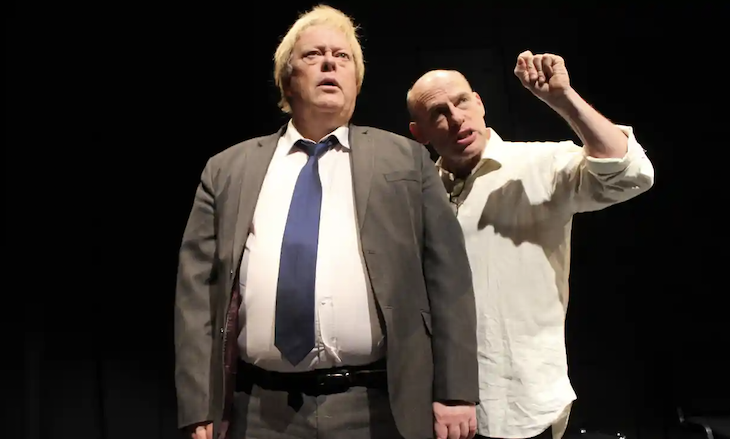‘Who wrote it?’ asks the Times, of Dom: The Play. I’ll let you in on a secret: it was me. If you’re selling a product, you need to advertise what you’re flogging, rather than its creator. That’s why, when my satire about Dominic Cummings launched at The Other Palace in Victoria this week, I withheld my name from the poster and the programme.
Already a subscriber? Log in
Subscribe for just $2 a week
Try a month of The Spectator Australia absolutely free and without commitment. Not only that but – if you choose to continue – you’ll pay just $2 a week for your first year.
- Unlimited access to spectator.com.au and app
- The weekly edition on the Spectator Australia app
- Spectator podcasts and newsletters
- Full access to spectator.co.uk
Or




















Comments
Don't miss out
Join the conversation with other Spectator Australia readers. Subscribe to leave a comment.
SUBSCRIBEAlready a subscriber? Log in